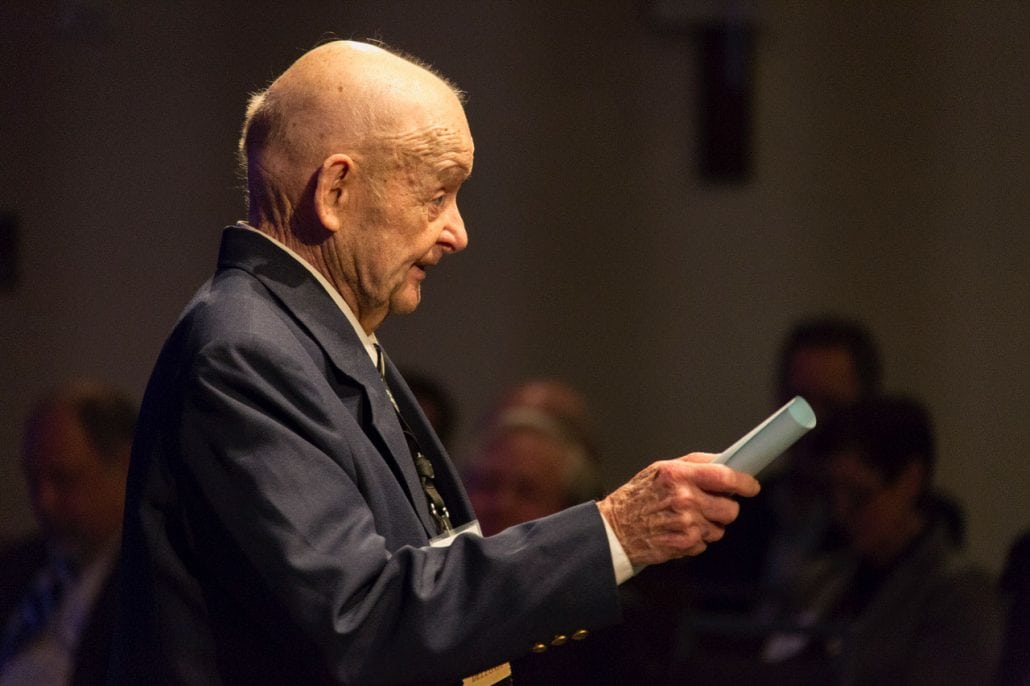NASHVILLE – More than 60 co-op leaders from across Tennessee traveled to Washington, D.C., on Tuesday and Wednesday, April 10 and 11, to meet with members of the Tennessee congressional delegation as a part of the National Rural Electric Cooperative Association’s annual legislative conference.
“This trip is about building relationships,” said David Callis, executive vice president and general manager of the Tennessee Electric Cooperative Association. “When lawmakers evaluate legislation that impacts electric co-ops or rural Tennessee, we want them to think of us. It is important for them to know who we are and how policy will affect us and our consumers.”
In meetings with legislators, co-ops leaders encouraged lawmakers to support the Farm Bill and rural development programs, reject the administration’s proposal to sell TVA’s transmission assets and dedicate funding for rural broadband and other infrastructure projects. Lawmakers were also invited to visit their local co-ops to meet employees, attend annual meetings or tour co-op facilities.
Meetings were held with Senators Alexander and Corker and Representatives Black, Blackburn, DesJarlais, Duncan, Fleischmann, Roe and Kustoff.
“I’m a big supporter of rural areas, and I thank you for coming up to give a voice to the people you serve,” said Rep. Diane Black. “A lot of people never make it to visit legislators in Nashville, and certainly not to Washington, D.C. It’s important for their issues to be heard, and I appreciate what you do.”
In addition to visits with members of Congress, attendees also heard from industry and policy experts, including U.S. Secretary of Agriculture Sonny Purdue. During a speech to co-op leaders, Secretary Purdue discussed the importance of rural broadband and highlighted the successes of Tennessee’s electric co-ops. “Rural broadband is not just a luxury — it’s essential,” said Purdue. “Tennessee recently changed state law, and now seven of their electric co-ops are pursuing broadband. I don’t believe that America would ever reach the productivity we have today across our nation without abundant flow of electricity everywhere. In the same way, we cannot make America great again without high-speed e-connectivity available to every American.”




